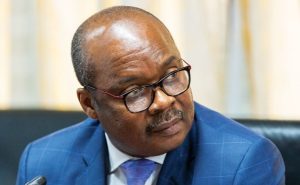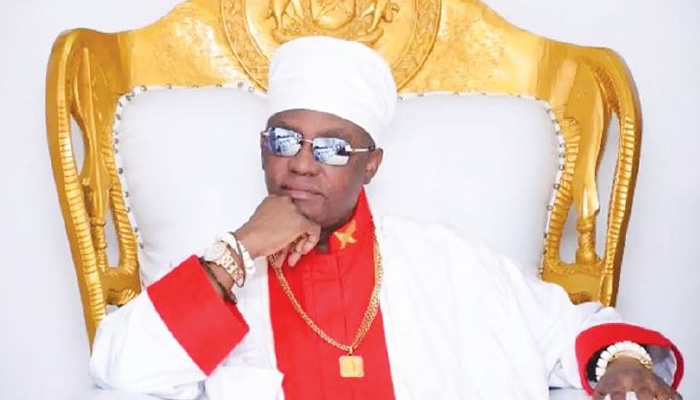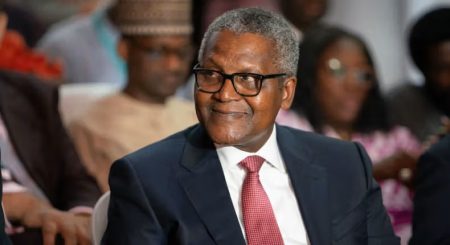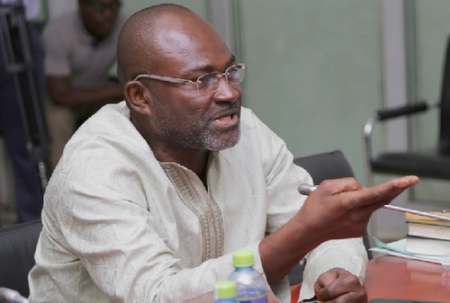The Oba of Benin, Ewuare II, bestowed a significant endorsement upon Governor Godwin Obaseki during a courtesy visit following the governor’s victory at the Edo Governorship Election Tribunal. The Oba’s words resonated deeply with cultural significance, proclaiming that Obaseki’s ascendance was divinely ordained by the ancestors to restore the lost glory of Edo State. This affirmation, delivered in the presence of dignitaries and amidst the backdrop of the historic palace, solidified the governor’s legitimacy and imbued his administration with a sense of sacred purpose. The Oba’s declaration transcended mere political support; it framed Obaseki’s leadership as a continuation of the ancestral legacy, a responsibility entrusted to him by the very foundations of Edo tradition. This powerful endorsement served not only to bolster the governor’s standing but also to rally the populace behind him, invoking a shared sense of heritage and destiny.
The context of the Oba’s pronouncement was steeped in both political and spiritual significance. The contested gubernatorial election and subsequent tribunal proceedings had created a climate of uncertainty and division within Edo State. The Oba’s unequivocal declaration served as a balm to these tensions, affirming the legitimacy of the electoral outcome and emphasizing the need for unity. By invoking the authority of the ancestors, the Oba placed Obaseki’s victory within a larger historical narrative, casting him as a pivotal figure in the ongoing story of Edo State. This act of symbolic consecration transcended the immediate political context, elevating Obaseki to a position of almost messianic importance, charged with the sacred duty of restoring the state’s past glory.
The Oba’s physical gesture of lifting Governor Obaseki from his kneeling position further amplified the symbolic weight of the endorsement. This act, rarely witnessed in public, underscored the depth of the Oba’s conviction and his belief in Obaseki’s destined role. It portrayed a powerful image of spiritual and political unity, with the traditional ruler and the elected official aligned in a shared vision for the future of Edo State. This public display of support served not only to validate Obaseki’s leadership but also to convey a sense of continuity and stability to the people of Edo, reassuring them that their state was in capable hands. The gesture transcended mere protocol, becoming a powerful symbol of hope and renewal for Edo State.
Governor Obaseki’s response to the Oba’s endorsement was one of profound gratitude and humility. He acknowledged the significance of the Oba’s words, recognizing the weight of responsibility that had been placed upon his shoulders. His description of the tribunal victory as the “sweetest judgment ever” reflected not only his personal vindication but also his understanding of the broader implications of the outcome. By emphasizing the unanimous nature of the judgment, Obaseki further solidified the legitimacy of his election, highlighting the undeniable mandate he had received from the people of Edo State. His words and demeanor conveyed a sense of purpose and resolve, a commitment to fulfilling the mandate bestowed upon him by both the electorate and the ancestral spirits.
The exchange between the Oba of Benin and Governor Obaseki served as a powerful demonstration of the intersection between traditional authority and modern governance in Edo State. The Oba’s endorsement, steeped in cultural and spiritual significance, provided a potent foundation for Obaseki’s administration, imbuing it with a sense of legitimacy and historical purpose. This public display of unity between the traditional and political spheres sent a strong message of stability and continuity to the people of Edo State. It signaled a shared commitment to upholding the values and traditions of the kingdom while simultaneously pursuing a progressive agenda for the future.
The encounter between the Oba and the Governor was not simply a political endorsement but a profound affirmation of the cultural and spiritual values that underpin the identity of Edo State. It underscored the continuing relevance of traditional institutions in the modern political landscape and highlighted the potential for synergy between these seemingly disparate realms. The Oba’s words and actions served as a powerful reminder of the enduring power of tradition and its ability to shape the present and inspire the future of Edo State. The event marked a pivotal moment in the political and cultural history of Edo, setting the stage for a renewed era of progress and prosperity under the leadership of Governor Obaseki.














